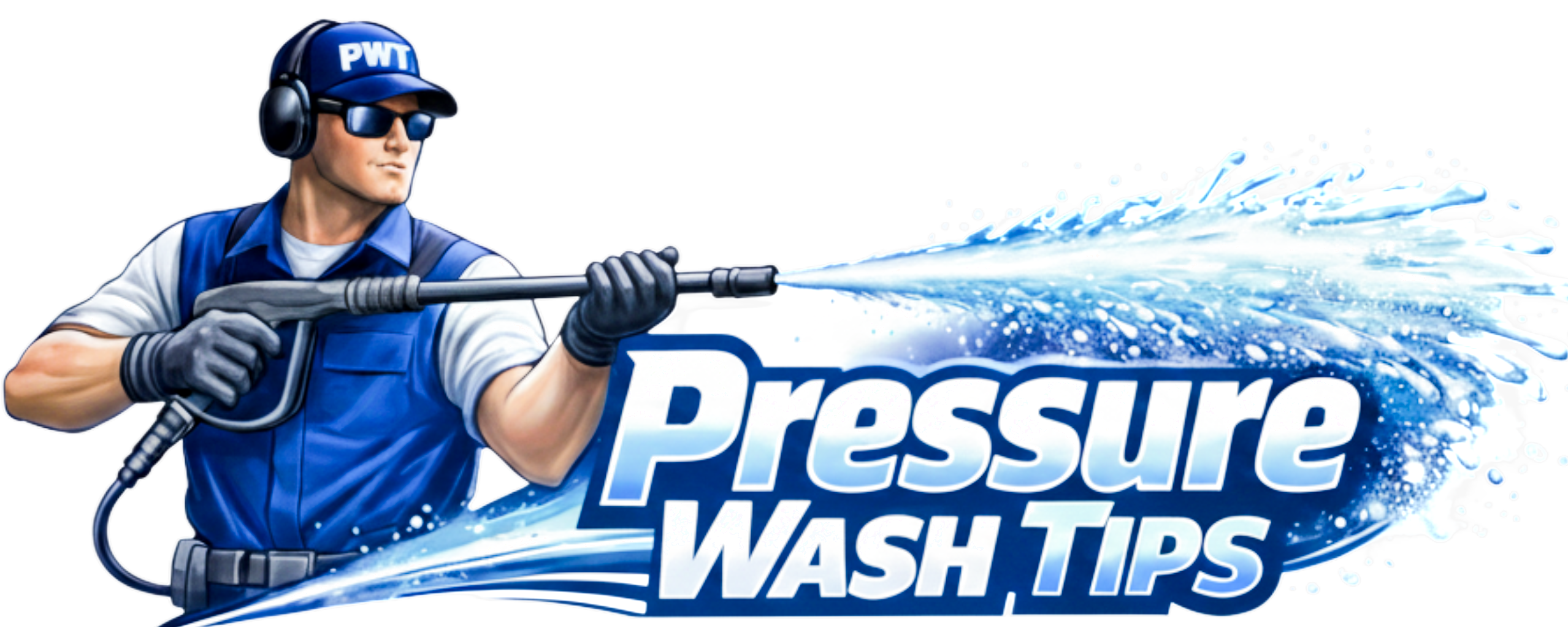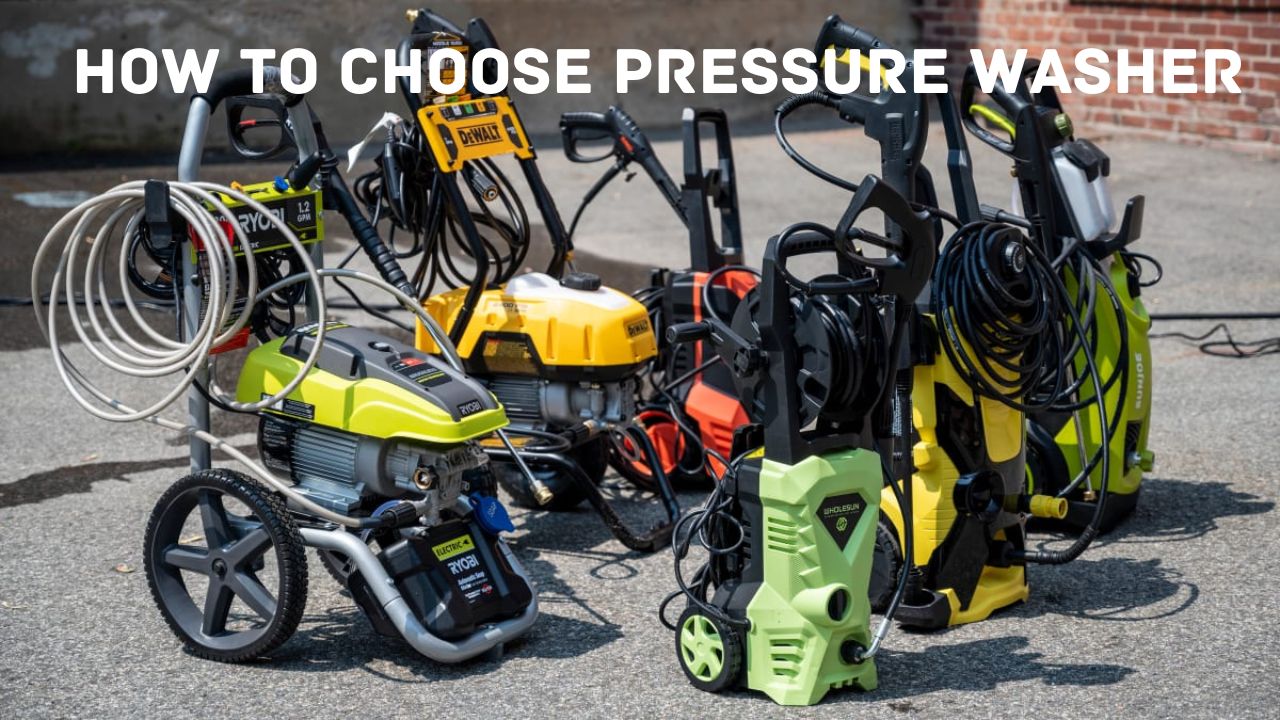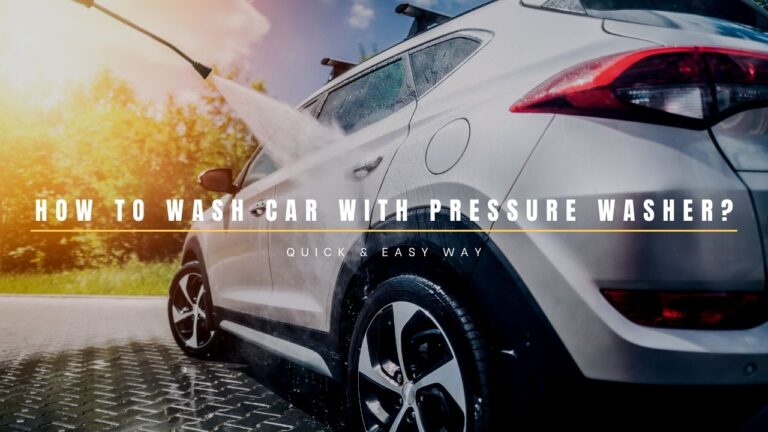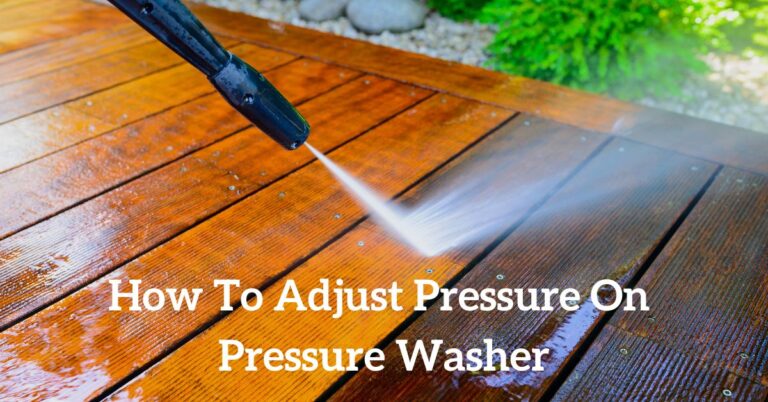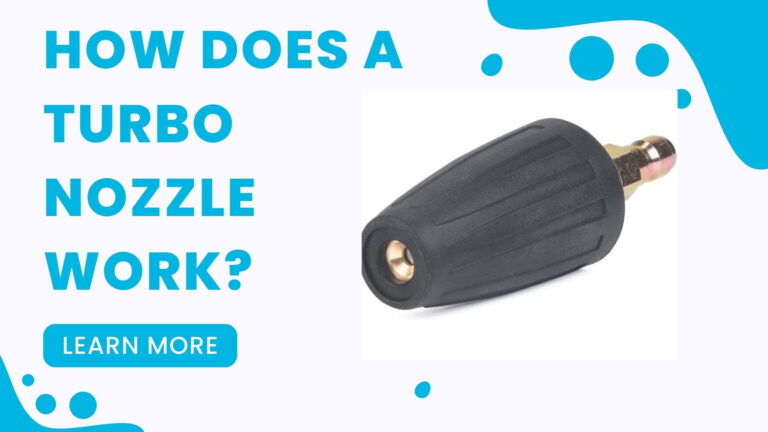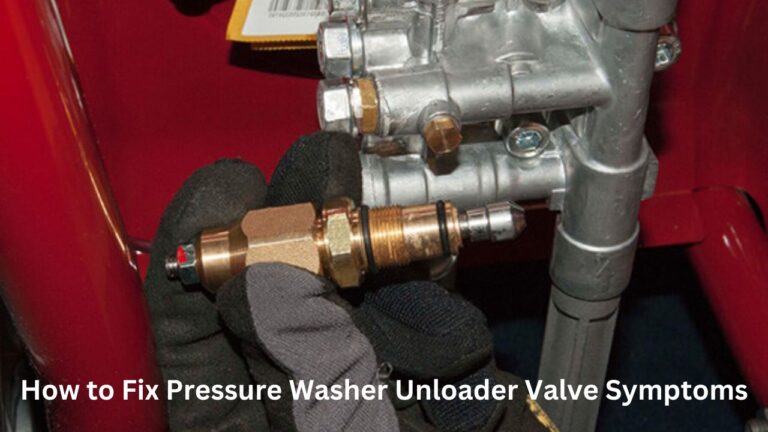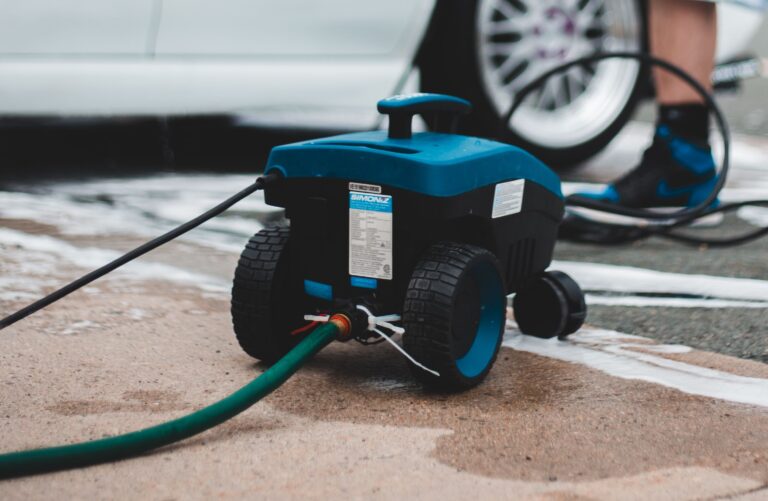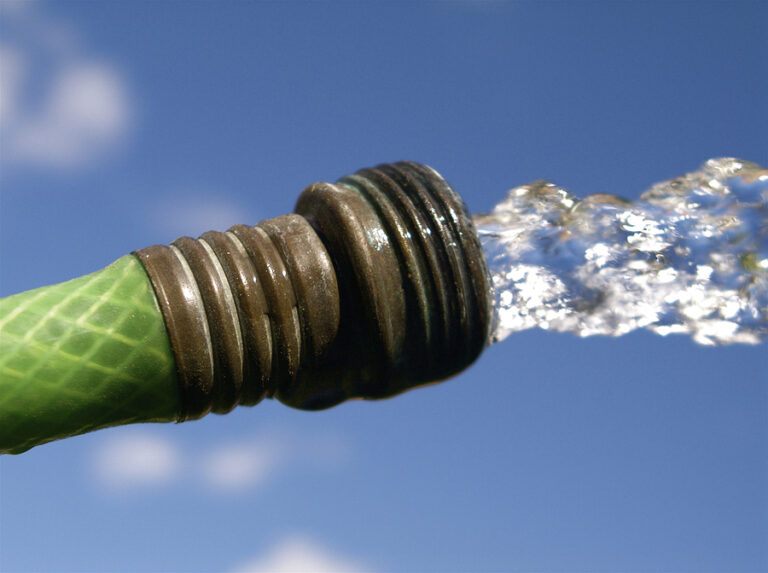How To Choose Pressure Washer?
A pressure washer is one of THE tools to take care of any cleaning job around the house. They work incredibly well in industries too!
Whether washing driveways or cars; cleaning sidings, fences, or decks; or even removing graffiti or stripping paint off the walls, it can handle nearly anything.
And that’s exactly where the dilemma lies. While it can handle many cleaning tasks, you must know precisely what to use it for. Because there’s no need to go for overkill and save the extra features, especially when it comes at a high financial cost.
However, with so many specs and features, each getting more complex with the application or cleaning surface, the answer to choosing a pressure washer might feel overwhelming.
But fret not! This buying guide for pressure washers will help make the process easier by supplying you with all the essential info you need to choose it in a quick 7-minute read. So, without further ado, let’s begin!
Electric vs Gas Pressure Washers
Both Electric And Gas Pressure Washers can handle most outdoor cleaning projects any homeowner would require, but each has pros and cons. Here’s a short comparison of both types of pressure washers.
Electric Pressure Washers Features:
- Run quieter
- Push-button starting
- Lighter and easier to maneuver
- No fumes
- Run cleaner
- Require less maintenance
- Budget-friendly at lower levels
- Corded models
- Less portable
- Not as powerful
- Lower life expectancy
- Usually non-repairable
Gas Pressure Washer Features
- Manual pull start
- Also available with a push-button start
- More powerful at all levels
- Last longer
- Repairable
- Portable
- Require more maintenance due to fuel/oil
- Relative Cost Might Be More
Most homeowners prefer electric pressure washers as they supply enough power for any household project. They can wash cars and remove dirt and grime from grills, patios, fencing, decks, sidings, and more.
Additionally, entry-level electric pressure washers are also cost-effective. This lower price also acts as a double-edged sword, as these have a few hundred hours of service life and are meant to be used occasionally and for lighter usage. Also, once they break or reach the end of their life, you’d be better off buying a new one instead of bothering with costlier and non-guaranteed repairs.
On the other hand, gas-powered pressure has a better life expectancy. They also supply higher power and can take on heavier tasks such as cleaning driveways and sidewalks and, sometimes, removing paint. And if any part, such as the pump, fails, you can remove it and have it repaired or replaced.
But gas-powered also costs more upfront, not to mention the fuel prices (this economy, I tell you), and requires more maintenance due to fuel. So, you have to pick your poison as electric and gas pressure washers have their benefits and limitations. Check out the article about washing boats with pressure washers.
Power – PSI and GPM
The power of a pressure washer is one of the first things you should consider when choosing a pressure washer for yourself because its power determines the kind of jobs it can handle.
We will discuss different power requirements below, but first, let’s discuss some of the terms involved.
The power of a pressure washer is measured by pressure output. The pressure, in pounds per square inch or PSI, and water volume in gallons per minute or GPM.
For a more potent chemical bond, such as in baked-on dirt and grime or months of accumulated mold, you would need more pressure for cleaning.
To cover more surface area, you’ll need more water volume – higher GPM.
PSI x GPM makes cleaning units or CU, but usually, it is more comprehendible to look at PSI and GPM to determine the cleaning power.
Power Requirements For Different Tasks
Light Duty ~ 0-1800 PSI
This is the category that covers most of the needs of every homeowner. In this category, they are incredibly budget-friendly and make cleaning jobs much easier than the traditional rub and scrub.
These usually deliver up to 1800 PSI at around 1.4 to 2 GPM. These ranges are plenty for washing a car, outdoor furniture, and cleaning a barbecue grill.
Medium Duty ~ 1800-2800 PSI
These are more versatile and can take on more tasks, including the ones requiring lower pressure – spray from afar or utilize different pressure nozzles.
Power washers in this category supply 1800 to 2800 PSI with typically 1 to 3 GPM water volume. These ranges make them best for cleaning concrete, exterior sidings, asphalt driveways, washing fences, patios, and wooden decking.
Heavy Duty ~ 2800+ PSI
In the heavy-duty category, supply around 2800 PSI or higher with a water volume of approximately 2 to 4 GPM. These ranges make them suitable for large-scale cleaning jobs such as stripping paint, removing graffiti, cleaning decks, and washing driveways.
Although light-duty and medium-duty pressure washers can deliver such high PSI or GPM, they are not meant to be used commercially. If you do that, the pump will burn out much faster – because consumer units do not have the required strength, durability, or endurance.
Pressure Washer Features
Here are some features you frequently see on and what they mean. Knowing about these is a good idea to determine their usefulness apart from all the marketing jargon.
(Note: We have already gone through the most important ones – PSI and GPM.)
Interchangeable Nozzle Tips
Some pressure washers have onboard pressure controllers, while others have interchangeable nozzle tips. Different types of nozzle tips are mentioned below.
Adjustable Wands
These allow you to control pressure and spray patterns without changing the nozzle tip, making them more convenient.
Detergent Injection
You can use these to deliver detergent directly from your wand tip. For this purpose, you can also purchase wand attachments that attach directly to the spray gun.
Onboard Detergent Tank
These hold chemicals and cleaning detergents on the unit to improve convenience. Otherwise, you don’t mind carrying a bucket with you?
Cubic Centimeters (cc)
Indicates power output for gas pressure washers – PSI, commonly mentioned, is more beneficial for this purpose.
Axial Cam Pump
Found on many household-use pressure washers. These are simple and need lower maintenance.
Triplex Pump
Designed for heavy-duty usage, these give the pressure washers a longer life expectancy and can help them perform more efficiently. (Don’t forget, you get what you pay for)
Unloader Valve
Unloader valve eliminates excess pressure from the system when the pressure washer is on but not in use.
Extra Tools And Nice To Have Accessories
Here are some nice accessories with a pressure washer that will make your pressure washing easier and more convenient.
Extension Wands
These improve your reach and can help you clean two-story buildings.
Scrubbers
They allow you to add scrubbing power to your cleaning projects – useful for flat surfaces such as driveways or patios.
Surface Cleaners
These connect directly to the wand and evenly spray water through the bottom without leaving streaks – helpful in cleaning sidewalks and driveways.
Foam Cannon
Foam Cannons [insert link] mix chemicals with air and water to create a snowy foam covering. The chemical will react with the dirt or grime by spraying this foam on a surface and allowing some dwell time, making cleaning easier.
Hoses and Hose Reels
These attach your pressure washer to a water faucet and can be used as an intermediary to increase the overall reach. Read more on the best garden hose pressure washers.
Nozzle Tips
0° – red, very concentrated spray to remove rust from metal surfaces
15° – yellow, strips off paint
25° – green, most common, clean patios, decks, and car beds
40° – white, for delicate surfaces such as car body
60° – black, to apply soaps and detergents
FAQs
What should I look for when buying a pressure washer?
Electric pressure washers for light usage cover most of the household’s needs, so that’s an excellent place to start. One of the first things you should consider when buying is its PSI and GPM rating. You should then consider your usage to determine what pressure washer you need. You can then work your way up depending on budget, use, and extra features that are nice to have.
What PSI is good for pressure washing a house?
Around 2,200 to 2,500 PSI is a safe range to pressure washing a house. You can handle tasks such as pressure washing concrete surfaces, driveways, sidewalks, decking, and more at this range. While you don’t need more than 1,800 PSI to wash cars, furniture, and barbecue grills, a 2,200 PSI pressure washer will expand your options.
What is the best pressure washer to buy for home use?
If you are on a budget, consider getting a light-duty electric pressure washer. These can supply PSI up to 1,800, which is plenty for household usage. However, the safer bet would be to get a medium-duty pressure washer as it is more versatile and last longer if not overworked – which you would often be risking in a light-duty pressure washer.
What is the best PSI to pressure wash a driveway?
You can quickly pressure wash a driveway with a PSI of around 2,400. If you need a faster job, you will need approximately 3,100 PSI. You can also pressure wash your driveway with PSI ranging from 1,000 to 2,400, but it will take longer. To cut a long story short, you can pressure wash your driveway at practically any PSI – lower PSI will take longer, and higher PSI would do it better and faster.
Conclusion
This buying guide for pressure washers has covered a few factors, specs, and features to help you make a better and more informed decision.
Two popular types of pressure washers for household usage are electric and gas. The former is lighter, easier to maneuver, and typically more user-friendly, while the latter can deliver higher power.
Power is usually measured by PSI and GPM, with higher values indicating a more powerful washer and faster, better cleaning. Pressure washers for homeowners usually fall in the light-duty to the medium-duty range, which can handle common tasks like washing driveways, patios, vehicles, and barbecue grills.
Having certain accessories and features can also make the job easier. Foam cannons, for example, are not always included but can help increase efficiency.
When buying your pressure washer, purchase from a reputable brand or website and get a warranty if possible. With these tips, you should be able to make a more informed decision when choosing a pressure washer.
